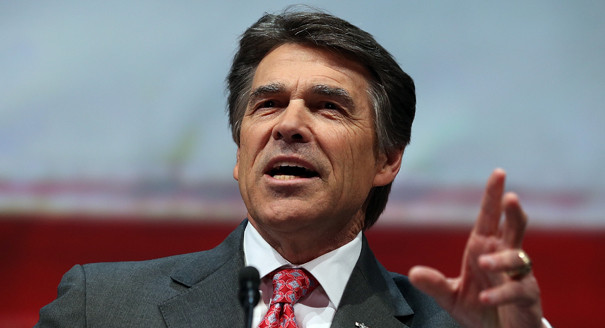Joe Biden Should Maintain Pragmatic Approach to American Energy, Despite His VP’s Opposing View
This week, presumptive Democratic presidential nominee Joe Biden announced his highly anticipated vice presidential candidate, Sen. Kamala Harris. The choice sent ripples throughout the energy industry, given Harris’ staunch opposition to fossil fuels, having stated at a CNN townhall last September: “There’s no question I’m in favor of banning fracking.” Further, Harris was one of the first senators to back the ambitious Green New Deal. Former Vice President Joe Biden has stated that he does not support a fracking ban, but has said that he would prevent new permits for fossil fuel extraction on federal lands. Biden would be prudent stand firm on his level-headed approach to energy policy, especially if he wants to be successful in key swing states like Pennsylvania and Ohio that are at the heart of the U.S. shale boom.
Her comment on fracking aside, Harris is a concerning VP choice when it comes to our nation’s energy future. At the aforementioned CNN town hall on climate change, she also promised to take on Big Oil when it profits “off of harmful behaviors.” This is a vastly different approach than Biden, who has attempted to maintain a much more moderate position, aware that many states, including key swing states like Pennsylvania, heavily depend on these industries.
The Western Energy Alliance President Kathleen Sgamma said;
“He’s already had to dial back some of his anti-fracking rhetoric to try to win over blue-collar workers in a state revitalized with natural gas manufacturing jobs, and a VP pick who’s called for a ban on fracking isn’t going to be any more convincing,” she added, “He remains vulnerable with blue-collar workers in general and in energy states in particular.”
Election concerns aside, should Biden and Harris’ ticket win in November 2020 they must accept the reality that natural gas will continue to be a primary energy source for our nation for the foreseeable future. For example, fossil fuels provided the majority of the U.S. electricity generation in 2019, with natural gas being the largest source at roughly 38%. Petroleum products account for more than 90% of the total U.S. transportation sector energy use – with electricity providing less than 1% of total sector energy usage, with nearly all of that in mass transit systems. Biden will need to maintain a commonsense approach to our nation’s energy policy, which includes the use of natural gas and oil and welcoming investment in new, safe energy infrastructure in order to prioritize the energy needs of Americans for decades to come.

